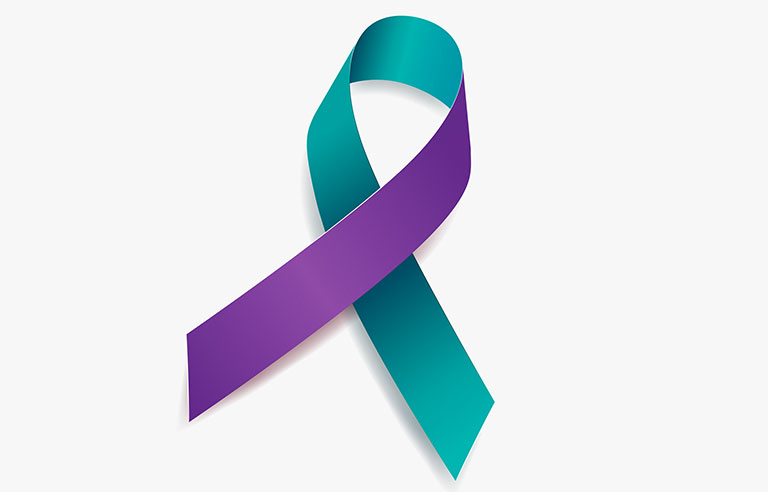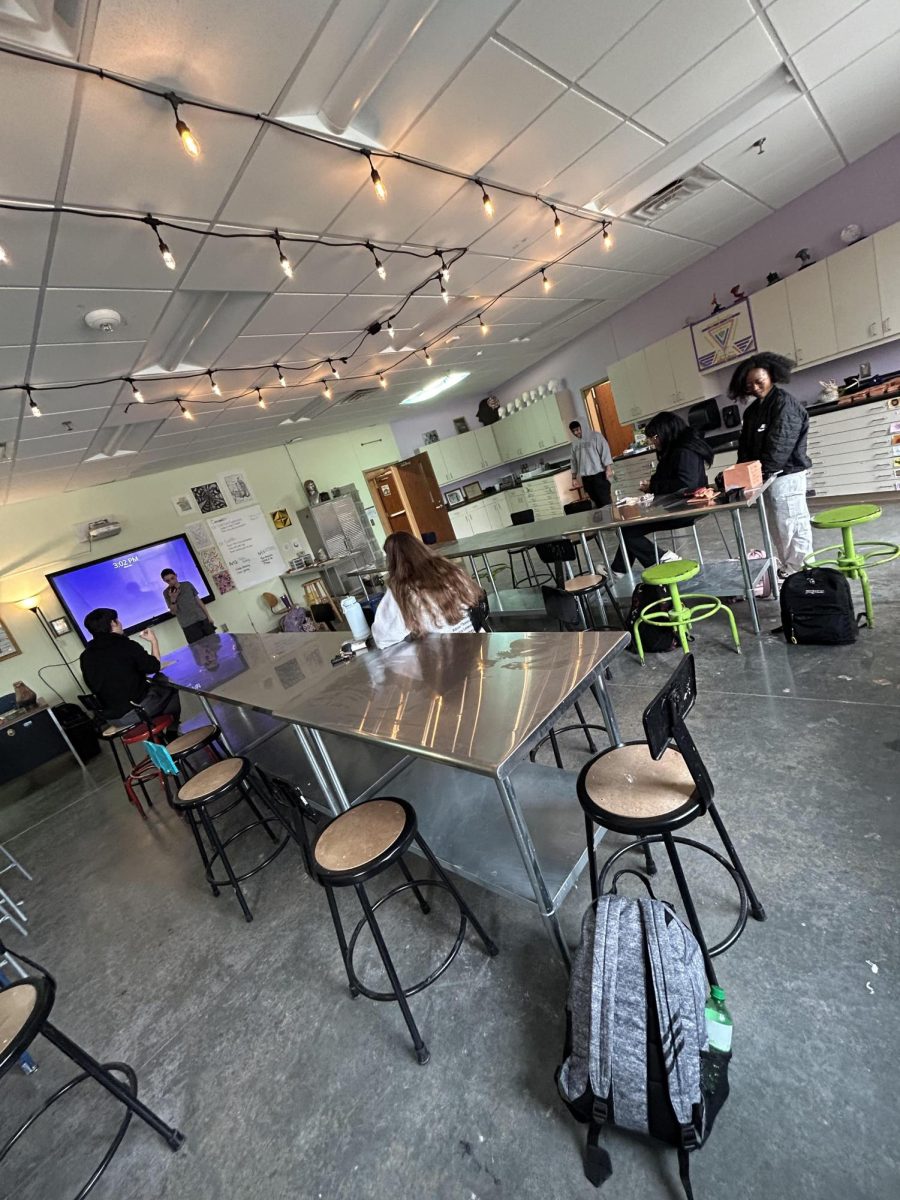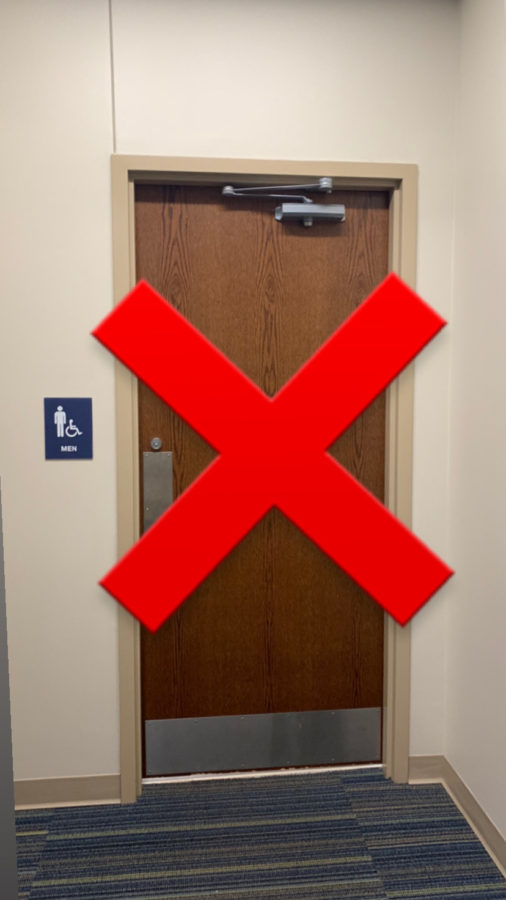The Regulation on Urination
It is ethical to deny bathroom use?
Bathroom Revoked
Should teachers be allowed to deny students bathroom breaks?
The overhanging rule at GMC is that teachers are allowed to make their own classroom bathroom policies, but one might wonder if teachers should be allowed to make that call. Is denying bathroom use ethical?
There are a lot of things to consider. Like if students will take advantage of free bathroom use, or if they will miss important instruction time.
One thing is for sure: holding in your bladder or bowel movements is not healthy.
Our school nurse, Mrs. Hall, informed me of the health risks from holding your bladder or bowel movements. From holding your bathroom deposits, you increase blood pressure, increase the risk of urinary tract infections, and bloat your abdomen.
A student at GMC wrote that some of their peers could have restroom-related diseases, like IBS or Crohn’s disease, and they believe that it should not be required of a student to share that personal information to use the restroom. It should be noted that you absolutely can write a note to the nurse for special bathroom permission. We are only questioning if a student should have to share that information.
Another difficulty that arises when students are denied access to the bathroom is students’ lack of concentration. An overwhelming majority of students said that when they are told they can’t go to the bathroom, they lose focus on their work. Not only do students lose focus, but they also feel anxious. Is it worth missing class time to go to the bathroom if you can keep better attention on your work?
The bathroom is more than a place to do nature’s dirty work, for both better and worse. It can be a place for students to congregate, knock some time off class, or do some less-than-school-appropriate activities. On the other hand, the bathroom can allow students a moment of privacy in the public atmosphere of school. One student at GMC wrote that the bathroom can be a place that allows students to take a moment to recover if they feel anxious, or if they need a moment of quiet to handle a panic attack.
So, should students be allowed to use the restroom at their discretion, or not?
Ultimately, the bathroom is a place of privacy for students. While it’s possible students could take advantage of that privacy, saying “no” to the bathroom is not the best way to handle the situation. At a certain point, students are going to need to be allowed trust to make good decisions. How will students know to make a good decision if they’re never given the opportunity?
It’s time to break the regulation on urination.
Your donation will support the student journalists of Greer Middle College Charter High School. Your contribution will allow us to purchase equipment and cover our annual website hosting costs.

Bonjour! My name is Bayleigh, and I am not French! But I am super excited to be back at The Forge for a third year! My role here is Opinions editor, and...


































